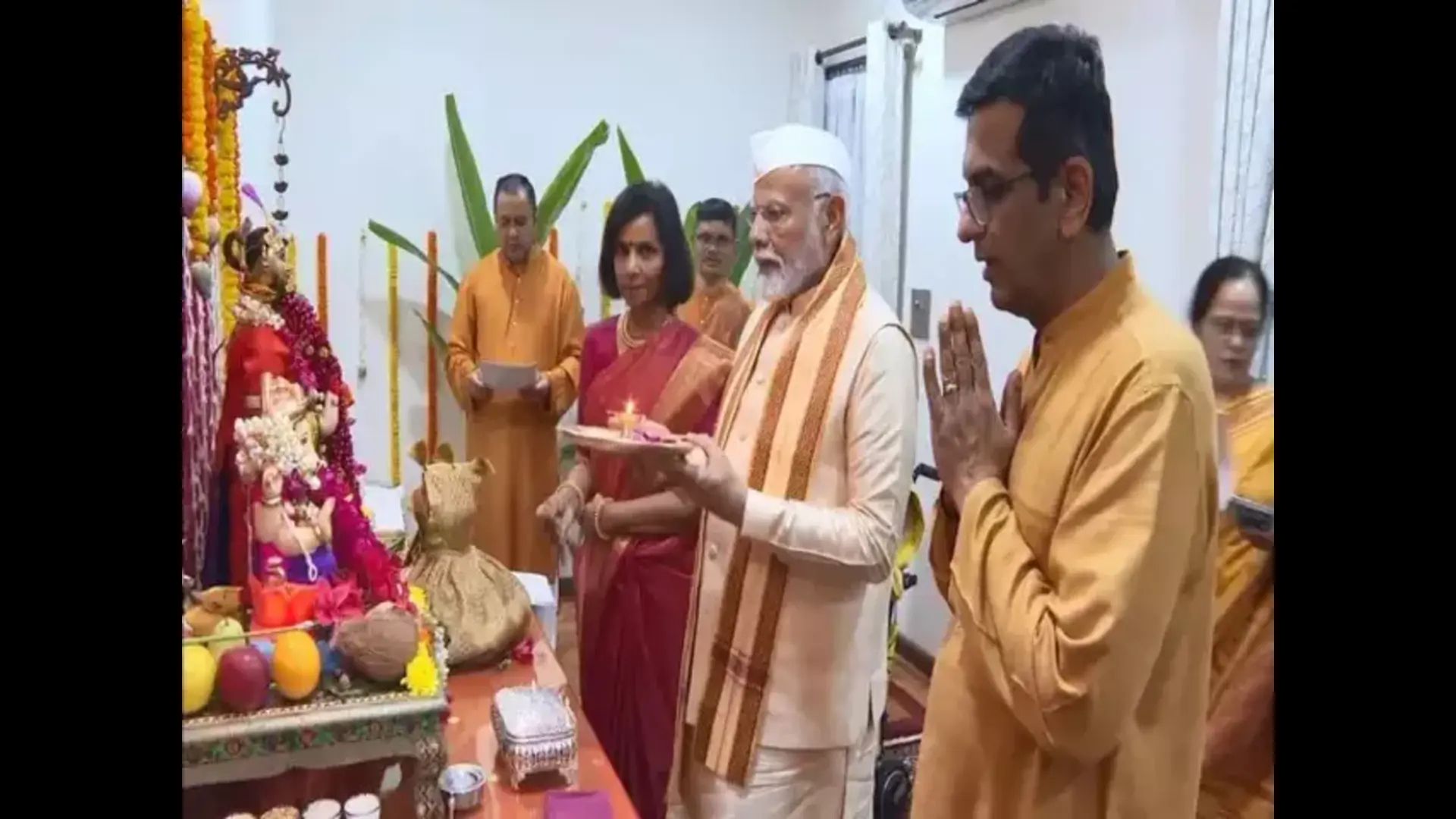
‘Intra Party Democracy’ is an exception in this era of centralized political parties. The government is, also, a political party (or group of parties) in power. They have vested interest in ensuing the stability of their governments even if it comes at the cost of encroaching upon the “institution of legislator”. But, any person who frankly and fully expresses his conscience does a public service in the interests of progressive democratic society. In this regard, the blanket gags on the expressions of the legislators under threatening ‘whips’ of disqualification by the parties is throttling the purposive parliamentary democracy.
DISSENT VS DEFECTION
A parley between dissent and defection started during the Gehlot-Pilot Crises in Rajasthan politics. Senior Advocate Mukul Rohatgi, arguing for the ‘proclaimed dissenters’ camp said that if free dissent is construed to voluntarily give up the membership of the political party, it would tantamount to invasion over the right of free speech and expression under Art. 19(1)(a).
Further, the full bench of the Hon’ble Supreme Court remarked, “These are important questions relating to democracy. How will democracy function? These are very serious issues…The question is, can voices of dissent be shut down like this… After all, these are MLAs elected by people.” Eventually, the High Court of Rajasthan framed thirteen issues to be adjudicated. The issues involve special reference to ‘right to dissent within a party’ vis-à-vis Art. 19(1)(a) which is contended by the petitioners to be the basic structure of the Constitution.
The landmark judgment of Kihoto Hollohan v. Zachillhu (“Kihoto”) by the five judge constitutional bench upheld the constitutionality of Constitution (Fifty-second amendment) Act, 1985 i.e. the Schedule 10 of the Constitution. Although notorious among the dissenters for upholding the constitutionality of Schedule 10, the judgment includes a lot for them as well. In this article, the author will try to read Kihoto keeping in mind the ‘Dissenter’s Stake: Lost or Found’ vis-à-vis Art. 19(1)(a), 105 and 194, and traditions of parliamentary democracy.
RECOGNITION OF HONEST DISSENT
Prior permission of the political party or post approval by the political party are the two exceptions to the Para 2(1) (b) of the 10th Schedule. These exceptions provide an opportunity to the political party to back the decision of the dissenting legislators rather than to disqualify them. The court in Kihoto suggested taking a clue from these exceptions while reading the phrase ‘any direction’ (Kihoto, ¶44). The author believes that these exceptions make a space to accommodate the concern dissenting legislator, albeit at the instance of the political party.
Justice Venkatachaliah, writing for the majority, highlighted certain side effects in Schedule 10 that “might affect and hurt even honest dissenters and conscientious objectors”. It was stated that there is a ‘hazy gray line’ making it ambiguous as to what is allowed within the confines of constitutional law (Kihoto, ¶34).
The court appreciated persuasion and dissent in democracy which was acknowledged as the basic structure of the Constitution (Kihoto, ¶42), and stated that the difference of opinion amongst the members of the same legislature party may also lead to modifications in and withdrawals of proposed policies that are being deliberated upon (Kihoto, ¶43). Dissent, a sine quo non for law making in a democracy, is to be protected.
Shri Ram Jethmalani contended that the difference between ‘split’ and ‘defection’ was “…an outrageous defiance of logic” (Kihoto, ¶50). Rejecting the argument, it was held that the parliament ideated protecting the conscientious objectors (Kihoto, ¶51). The court, thereby, held that, “…The provisions are salutary and are intended to strengthen the fabric of Indian parliamentary democracy by curbing unprincipled and unethical political defections…” (Kihoto, ¶53).
Contention to exclude ‘Principled Dissenters’ form the ambit of anti-defection.
Some of the parties contended to strictly interpret the phrase ‘any direction’ to limit its scope to the object of the Constitution (Fifty Second Amendment) Act, 1985. It was suggested to the court to rely on the minority opinion by the full bench of Punjab and Haryana High Court in Parkash Singh Badal v. Union of India (“Badal”). Justice Tewatia, in the minority opinion, held that if the phrase ‘any direction’ is construed literally it would reduce the elected legislator to mere rubber stamp of the political party. Concurring with the remarks of Tewatia, J., it is to be stated that the legislator also represents the constituency, and serves in dual capacity.1
The minority opinion further stated that any wider interpretation of the phrase ‘any direction’ would rob the provision of its constitutionality because it would be destructive of parliamentary democracy, a basic feature of the Constitution. It further stated that the purpose of Paragraph 2 of the schedule is limited to ensuring the stability of the democratic system (Badal, ¶156-158).
Art. 75(3) and 164(2) lay down the principle of ‘collective responsibility’. Consequently, a motion of ‘no confidence’ against the government will remove the government from the office. Moreover, no government can function without money. If ‘cut–motion in budgetary grants’ is passed, then it becomes impossible for the government to function. Therefore, according to the minority opinion, apart from these two motions, the legislators are free to cast their vote and speak their mind (Badal, ¶156-158).
DISSENTERS: WRONGED BY KIHOTO
The court accepted the conclusion of minority opinion of Badal that the phrase is to be construed harmoniously as per the scheme of the Constitution (which includes Art. 19(1)(a), 105 and 194), and held that the reading of the Schedule is to be confined to the object of preventing unethical and unprincipled defections since there was no justification to facilitate the broader interpretation of that phrase to include within its ambit all the directions issued by the party (Kihoto, ¶121).
However, the court did not accept the minority opinion concerning the unconstitutionality of the broader definition of the phrase (‘any direction’). The anti-defection, thereby, included all the votes or abstinences contrary to the direction of the party irrespective of their effect on the stability of the government. The court further held that the legislator who votes or abstains contrary to the direction of the party with which it went to the electorate attracts disqualification under Schedule 10 of the Constitution (Kihoto, ¶122).
Bu, what if the government works against the agenda with which the party in power went into the elections? Do the legislators of the same party have the right to dissent against the functioning of the treasury benches? What if the legislator, a representative of lakhs and millions, is not given due regards, like adequate hearing, to his legitimate proposals that might involve demands by her constituents? What if a legislator is forced to vote in a way that she sense to be against the constitutional ethos?
ANTI-DEFECTION: A PROPOSED AMENDMENT TO SUSTAIN THE INSTITUTION OF LEGISLATOR
In the existing framework, legislators have no incentive to invest their energies into researching, critically thinking, seeking views from his constituency and expressing their conscience. To redress this, INC MP Manish Tiwari moved a private member bill to liberate the institution of legislator, encroached by the omnipotent whips of centralized parties. It incorporated provisions in consonance with the freedom of speech of the legislator as mandated by Art. 19(1)(a), 105 and 194, and proposed to empower them so that they can vote their conscience.
The bill proposed to restrict the application of anti-defection to votes or abstinences contrary to party whip that can oust the governments from the offices or make the functioning of governments nearly impossible (as in money bills). These provisions were in consonance with the recommendations of Dinesh Goswami Report and 170th Report of Law Commission of India. However, the bill lapsed without a discussion.
CONCLUSION
The pertinent question involving the ‘right of dissent’ within the shackles of a political party needs to be resolved with due regards to the freedom of speech and expression vis-à-vis survival of ‘institution of legislator’.
In this pursuance, the constitutionality of anti-defection, as proposed by Kihoto, needs to be revisited. It is to be restricted to the ambit as suggested by Dinesh Goswami Report, 170th Report of Law Commission of India and Mr. Tiwari’s private member bill. It will, henceforth, ensure the stability of the governments and renaissance of the ‘institution of legislator’.















